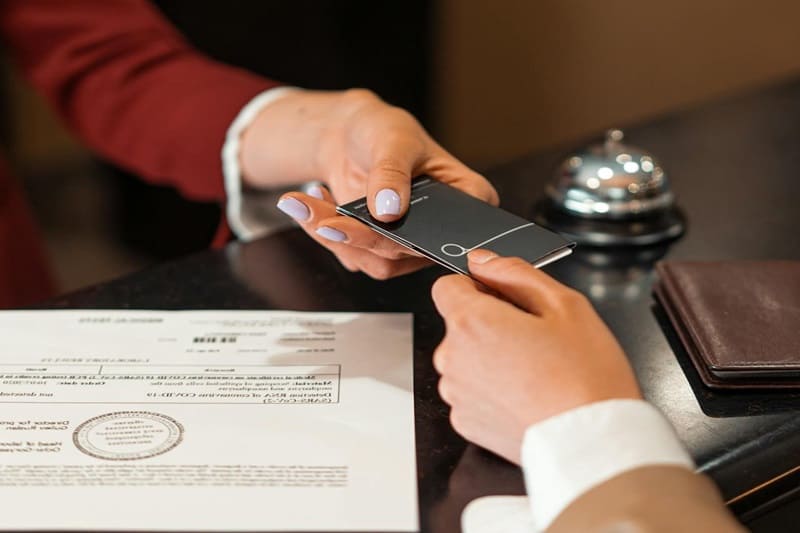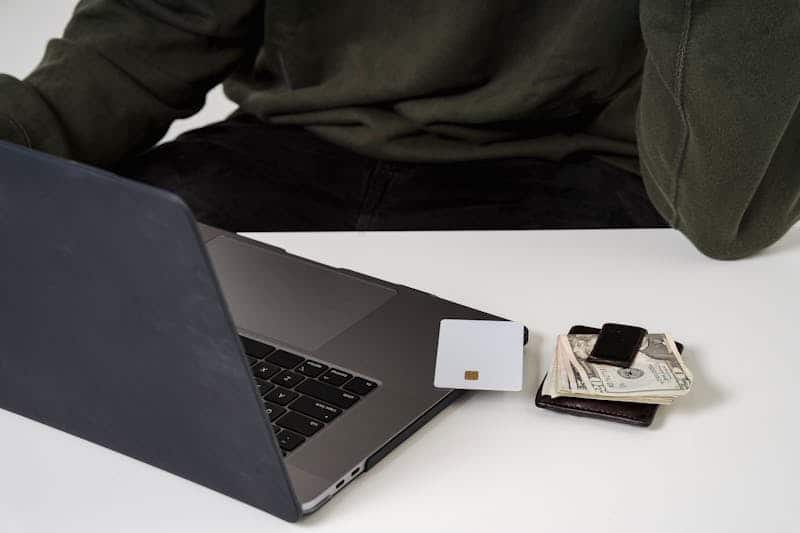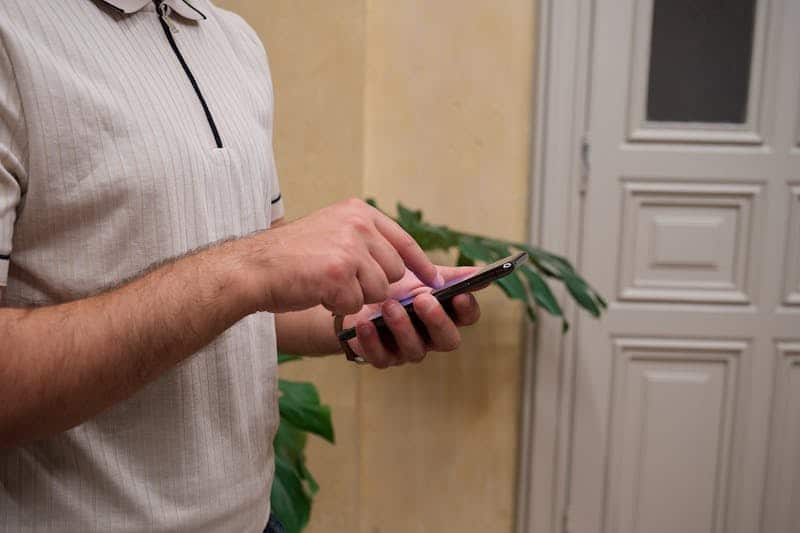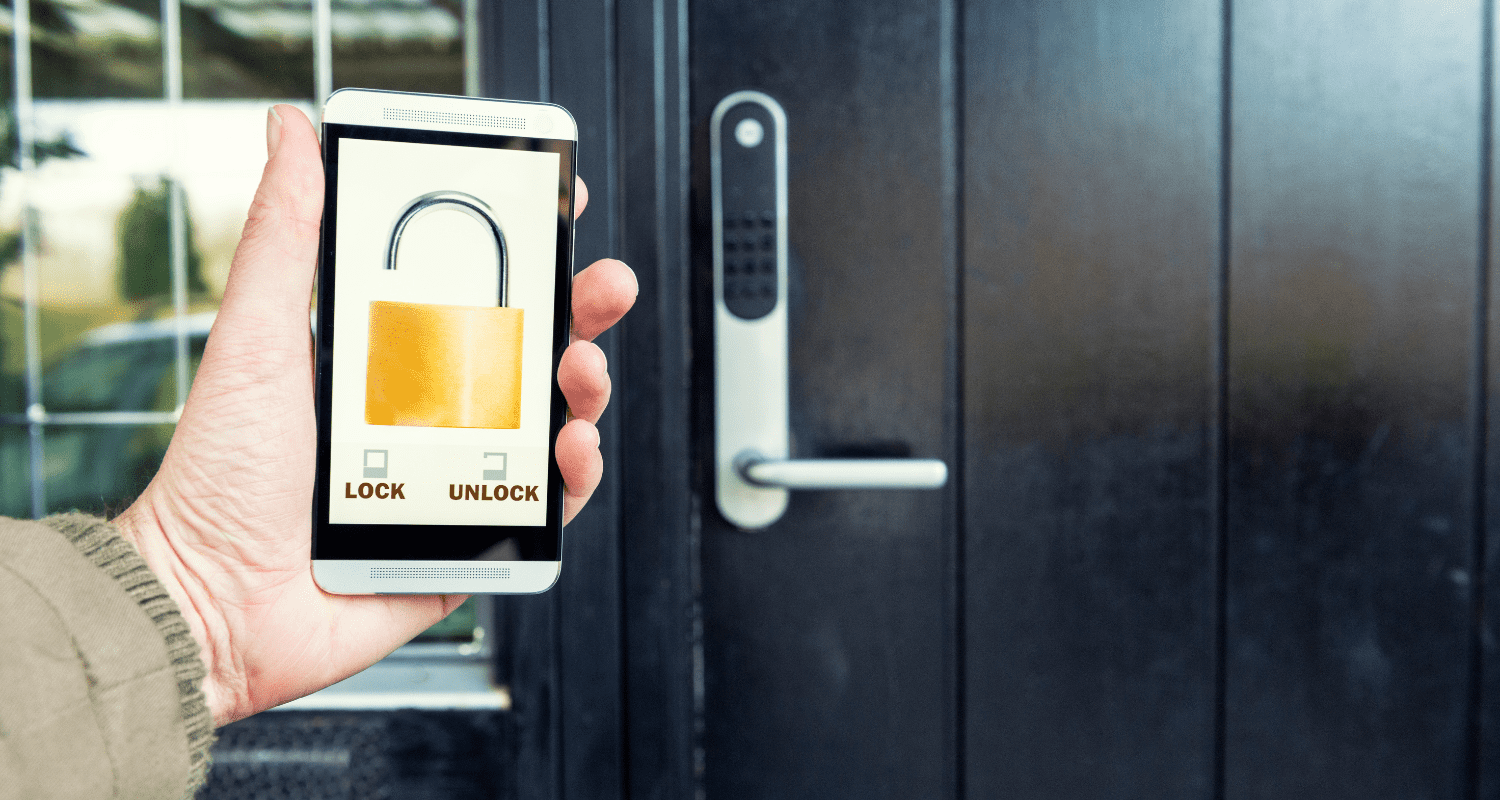Do Phones Deactivate Hotel Keys? A Comprehensive Guide
Have you ever experienced the frustration of returning to your hotel room, only to find that your key card doesn’t work? It’s a common scenario that can leave you feeling perplexed and inconvenienced. One of the potential culprits behind this issue is the presence of your smartphone near the key card.
If you’re short on time, here’s a quick answer to your question: Yes, phones can deactivate hotel keys due to the magnetic fields generated by their components, which can interfere with the magnetic strip on the key cards.
In this comprehensive article, we’ll delve into the intricacies of how phones can deactivate hotel keys, explore the science behind this phenomenon, and provide practical tips to prevent it from happening.
We’ll also discuss alternative key technologies and the measures hotels are taking to address this issue.
Understanding Hotel Key Cards
In the modern age of hospitality, hotel key cards have become an integral part of our travel experiences. These small, unassuming cards hold the power to grant us access to our temporary sanctuaries, ensuring both convenience and security.
To fully appreciate the marvels of hotel key cards, it’s essential to delve into the intricate workings behind this ubiquitous technology.
How Hotel Key Cards Work
Hotel key cards, also known as electronic key cards or keycard locks, operate on a simple yet ingenious principle. At their core, these cards contain a magnetic strip that stores encoded data. When you insert the card into the door lock, a small reader inside the lock decodes this data and determines whether you have the authorization to unlock the door.
It’s a seamless process that eliminates the need for traditional metal keys, enhancing both security and convenience for guests and staff alike.

The Role of Magnetic Strips
The magnetic strip on a hotel key card is the unsung hero of this technology. This thin, black strip holds the key (pun intended) to unlocking your room door.
The majority of hotels worldwide rely on magnetic strip technology for their key card systems. The magnetic strip is encoded with a unique code that corresponds to your assigned room, ensuring that only authorized cards can grant access.
Did you know? The magnetic strip on a hotel key card can be easily deactivated by exposure to strong magnetic fields, such as those found in smartphones or other electronic devices.
Encoding and Deactivation Mechanisms
When you check into a hotel, the front desk staff uses a specialized encoding machine to program your key card with the necessary data. This process involves writing the room number, check-in date, and check-out date onto the magnetic strip, creating a unique digital signature for your stay. 😎
But what happens when it’s time to check out? The hotel’s key card system automatically deactivates your card at the designated check-out time, rendering it useless for future access. This built-in deactivation mechanism ensures that unauthorized individuals cannot gain entry to your room after your departure.
The Impact of Smartphones on Hotel Key Cards
Magnetic Fields and Electromagnetic Interference
Hotel key cards, also known as magnetic stripe cards, rely on a magnetic strip to store encoded data that allows guests to access their rooms. However, these cards can be vulnerable to deactivation when exposed to strong magnetic fields or electromagnetic interference (EMI). Smartphones, with their built-in magnets and electromagnetic components, have the potential to cause this deactivation.
Even low-intensity magnetic fields can disrupt the data stored on magnetic stripe cards. The magnetic fields generated by smartphones, while relatively weak, can still interfere with the card’s magnetic strip if held in close proximity for an extended period.
Components in Smartphones That Can Cause Deactivation
Several components within smartphones can contribute to the deactivation of hotel key cards. These include:
- Speakers and earpieces: These components contain small but powerful magnets that can generate magnetic fields strong enough to deactivate key cards.
- Wireless charging coils: Many modern smartphones feature wireless charging capabilities, which rely on electromagnetic induction. The coils used for this technology can generate magnetic fields that may interfere with key cards.
- NFC (Near Field Communication) chips: These chips, used for mobile payments and data transfer, emit electromagnetic waves that can potentially disrupt the magnetic strip on key cards.
Online reports have stated that some hotel key cards were deactivated when placed in close proximity to smartphones for an extended period. This highlights the potential impact of these devices on key card functionality.

Factors Influencing the Likelihood of Deactivation
While smartphones can potentially deactivate hotel key cards, several factors influence the likelihood of this occurring:
- Proximity and duration of exposure: The closer a key card is to a smartphone and the longer it remains in close proximity, the higher the risk of deactivation.
- Smartphone model and age: Newer smartphones with more advanced components and stronger magnets may be more likely to cause deactivation than older models.
- Key card type and quality: Some key card types or manufacturers may be more resistant to magnetic interference than others.
- Hotel key card encoding method: Hotels that use more secure encoding methods, such as encryption or digital signatures, may be less susceptible to deactivation by smartphones.
To minimize the risk of deactivation, hotel guests are often advised to keep their key cards separate from their smartphones, especially when storing them in the same pocket or bag. However, with the increasing prevalence of smartphones and the reliance on key cards in the hospitality industry, this issue is likely to persist, prompting the need for more robust solutions.
Preventing Key Card Deactivation
Tired of having your hotel key card deactivated during your stay? Don’t worry, we’ve got you covered!
In this section, we’ll explore three effective ways to prevent key card deactivation, ensuring a hassle-free experience during your hotel visit.
Keeping Your Phone and Key Card Separate
One of the primary culprits behind key card deactivation is the magnetic field generated by smartphones.
To avoid this issue, it’s recommended to keep your phone and key card separated, especially when carrying them in the same pocket or bag. This simple precaution can significantly reduce the chances of your key card becoming deactivated. 👌
Using Key Card Protectors
Key card protectors are nifty little sleeves designed to shield your key card from magnetic interference. These protectors act as a barrier, preventing the magnetic fields from smartphones, wallets, or other electronic devices from deactivating your key card.
Many hotels provide these protectors at the front desk, but you can also purchase them online or at travel stores. Using a key card protector is a great way to ensure your key card remains active throughout your stay.
Handling Key Cards with Care
While technology plays a crucial role in preventing key card deactivation, proper handling of the key card itself is equally important. Here are some tips to keep in mind:
- Avoid placing your key card near strong magnetic fields, such as speakers or magnets.
- Don’t bend, scratch, or expose the key card to excessive heat or moisture.
- Treat your key card like a credit card and handle it with care.
- If you have multiple key cards, keep them separated to prevent magnetic interference.
By following these simple guidelines, you can significantly reduce the chances of your key card becoming deactivated during your stay. Remember, a little care and attention can go a long way in ensuring a smooth and enjoyable hotel experience. 👍
With these three effective strategies – keeping your phone and key card separate, using key card protectors, and handling key cards with care – you can bid farewell to the frustration of deactivated key cards. Embrace a hassle-free stay and make the most of your hotel visit! 🎉

Alternative Key Technologies
In an age where convenience and security are paramount, the hospitality industry has embraced innovative key technologies to enhance the guest experience while safeguarding their properties. While traditional metal keys have become a relic of the past, alternative solutions such as RFID key cards, mobile key apps, and biometric access systems have emerged as game-changers.
RFID Key Cards
Radio Frequency Identification (RFID) key cards have become the industry standard, offering a seamless and secure access experience. These cards utilize embedded RFID chips that communicate with the door lock system, granting access with a simple tap or wave.
RFID key cards have greater success rate in unlocking doors, ensuring a hassle-free experience for guests. Furthermore, they can be easily deactivated and reprogrammed, enhancing security and reducing the risk of unauthorized access.
Mobile Key Apps
In the era of smartphones, mobile key apps have revolutionized the way guests access their accommodations. These innovative apps leverage Bluetooth or NFC technology to transform a guest’s mobile device into a virtual key.
Most hotels are expected to adopt mobile key technology by 2025. Mobile key apps offer unparalleled convenience, allowing guests to bypass the front desk and proceed directly to their rooms.
Additionally, they eliminate the risk of misplacing physical keys and provide enhanced security through encryption and remote deactivation capabilities.

Biometric Access Systems
While still in its nascent stage, biometric access systems are gaining traction in the hospitality industry, offering an unparalleled level of security and convenience. These systems utilize unique biological characteristics, such as fingerprints, iris scans, or facial recognition, to grant access to guest rooms.
The global biometric access control market is projected to reach the billion threshold by 2027, with the hospitality sector being a significant contributor. Biometric access systems eliminate the need for physical keys or cards, ensuring a truly seamless and secure experience for guests.
As the hospitality industry continues to evolve, alternative key technologies will play a pivotal role in shaping the guest experience.
Whether it’s the convenience of mobile key apps, the security of biometric access systems, or the tried-and-true reliability of RFID key cards, these innovative solutions are poised to redefine the way we access our accommodations. Don’t you think it’s amazing how technology is transforming the hospitality industry? 😍
Hotel Measures to Address Key Card Deactivation
Staff Training and Guest Education
One of the most effective ways hotels can combat key card deactivation is through comprehensive staff training and guest education. Front desk personnel should be well-versed in the potential causes of key card deactivation, such as proximity to magnetic fields or phones, and be able to provide guests with clear instructions on how to prevent it.
According to a survey by the American Hotel & Lodging Association, over 75% of hotels now include key card handling guidelines in their guest welcome materials.
Additionally, hotels can take a proactive approach by displaying informative signage or videos in high-traffic areas, reminding guests to keep their key cards away from potential deactivation sources. These educational efforts not only enhance the guest experience but also reduce the workload on staff by minimizing the need for key card reprogramming. 😊
Key Card Encoding Practices
Hotels can also mitigate key card deactivation by adopting best practices in key card encoding. Many hotels now use advanced encoding systems that are less susceptible to magnetic interference. For instance, Dormakaba, a leading provider of access solutions, offers key cards with proprietary encoding technologies designed to resist deactivation from common sources like phones.
Furthermore, some hotels have implemented protocols for regularly re-encoding key cards, reducing the likelihood of deactivation over time.
Implementing Alternative Key Technologies
As technology advances, hotels are also exploring alternative key solutions that eliminate the risk of deactivation altogether. Mobile key apps, which allow guests to use their smartphones as digital keys, are gaining popularity. These apps leverage secure communication protocols and eliminate the need for physical key cards.
Another innovative approach is the use of biometric access control systems, such as fingerprint or facial recognition. While these technologies may come with higher upfront costs, they offer enhanced security and convenience for guests, as well as reduced maintenance expenses for hotels in the long run.
No matter the solution, hotels must stay vigilant and adapt to emerging technologies to provide their guests with a seamless and hassle-free experience. By staying ahead of the curve, they can ensure that key card deactivation becomes a thing of the past.
Conclusion
The potential for phones to deactivate hotel keys is a real concern that can disrupt your stay and cause inconvenience. By understanding the underlying mechanisms and taking preventive measures, you can minimize the chances of encountering this issue.
As technology continues to evolve, hotels are exploring alternative key technologies that offer greater security and convenience. However, until these solutions become widespread, being mindful of the proximity between your phone and key card can go a long way in ensuring a hassle-free experience during your hotel stay.
Remember, a little awareness and proactive measures can save you from the frustration of a deactivated key card, allowing you to focus on enjoying your time away from home without any unnecessary interruptions.







